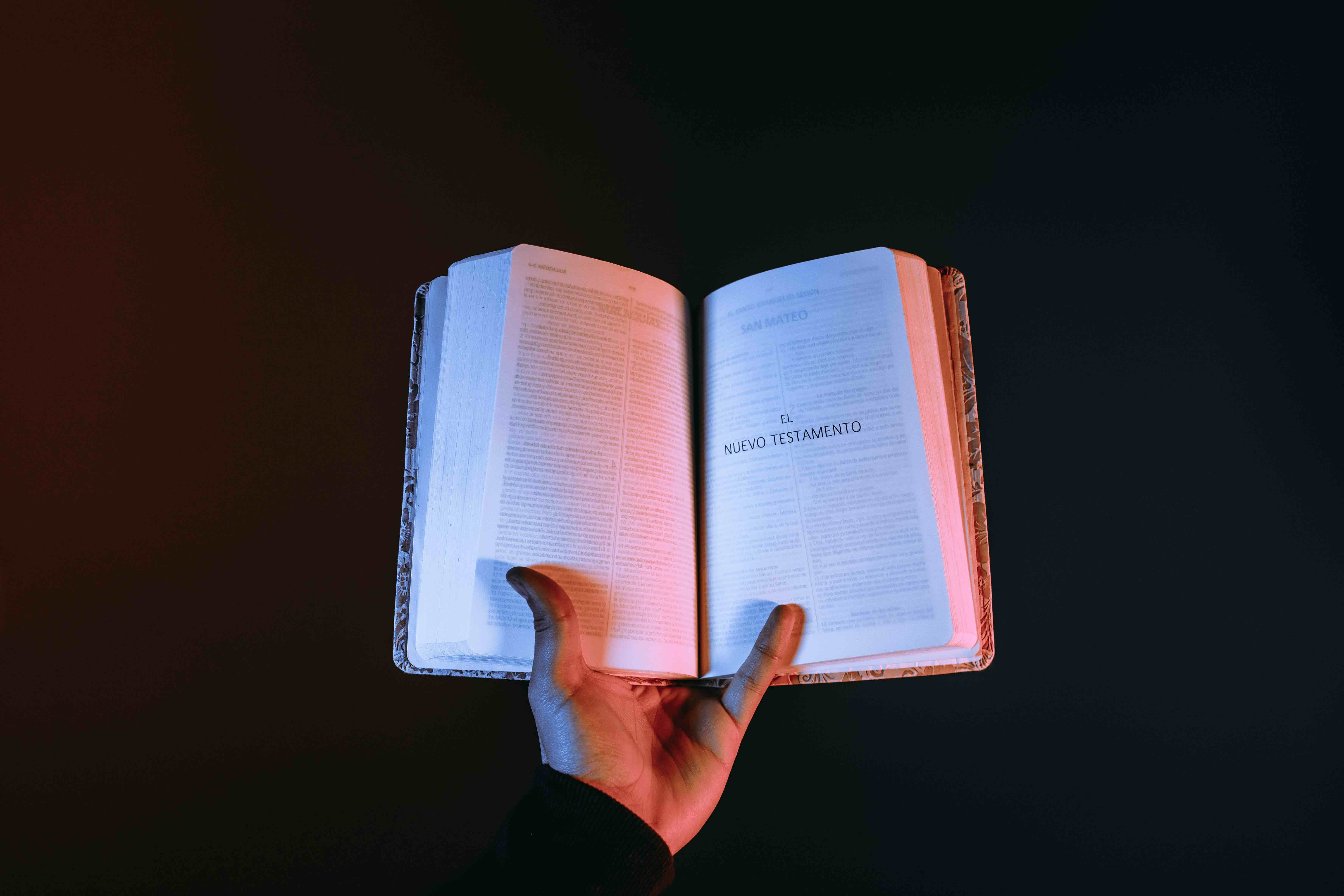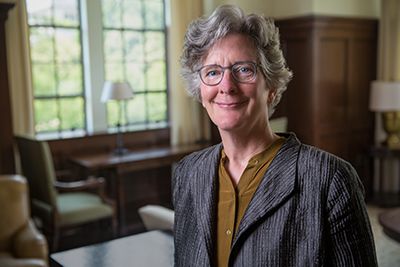Retro Readings: Bible

BIBLE/HNRS 301VH-002
Wednesdays, 5-6:15 p.m., Spring 2024
Note: No application required. This is a one-credit course. Only register for one hour of credit.
In many ways, the Bible is the ultimate “retro reading.” The Bible is a text of great
antiquity and authority, lending its historical weight to contemporary world religions.
Equally, the Bible is a book of great controversy, prompting endless academic debate
over its origins and historical meaning
The Bible seminar centers on this magisterial—yet frequently misunderstood—corpus
of sacred scripture. In seminar, students will grapple with books of the Bible, selections
from Genesis to Revelation. The goals of the Bible seminar are twofold: (1) to enhance
critical reading skills and (2) to augment the understanding of scripture through
a deep dive into its complex historical layers. All opinions and perspectives welcome
in this Honors College seminar.
What's in it for you:
- Learn to analyze Biblical texts from a variety of perspectives and with a variety of goals in mind
- Compare multiple versions and adaptations of the scriptures, and locate them within history and culture
What's expected of you:
- Active engagement and participation in class discussion
- An open-minded approach to the history of biblical texts
About Lynda Coon:
 Honors College Dean Lynda Coon has launched a series of innovative honors courses since joining the history faculty
in the J. William Fulbright College of Arts and Sciences in 1990. She helped to create
the Honors Humanities Project (H2P) and as dean she has developed Signature Seminars, Forums, Retro Readings courses and the Honors Passport study abroad experience. Coon is a church historian specializing in the period of 200-900 CE. Her first book
was on holy women in late antiquity and the early Middle Ages. Her second book explored
the spatial, ritual, and gendered hierarchies produced by western monastic practice
(600-900). Her third book currently is under contract and will investigate images
of Jesus in the early medieval imagination.
Honors College Dean Lynda Coon has launched a series of innovative honors courses since joining the history faculty
in the J. William Fulbright College of Arts and Sciences in 1990. She helped to create
the Honors Humanities Project (H2P) and as dean she has developed Signature Seminars, Forums, Retro Readings courses and the Honors Passport study abroad experience. Coon is a church historian specializing in the period of 200-900 CE. Her first book
was on holy women in late antiquity and the early Middle Ages. Her second book explored
the spatial, ritual, and gendered hierarchies produced by western monastic practice
(600-900). Her third book currently is under contract and will investigate images
of Jesus in the early medieval imagination.